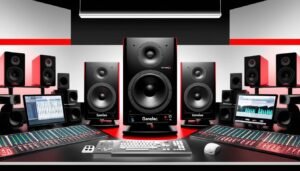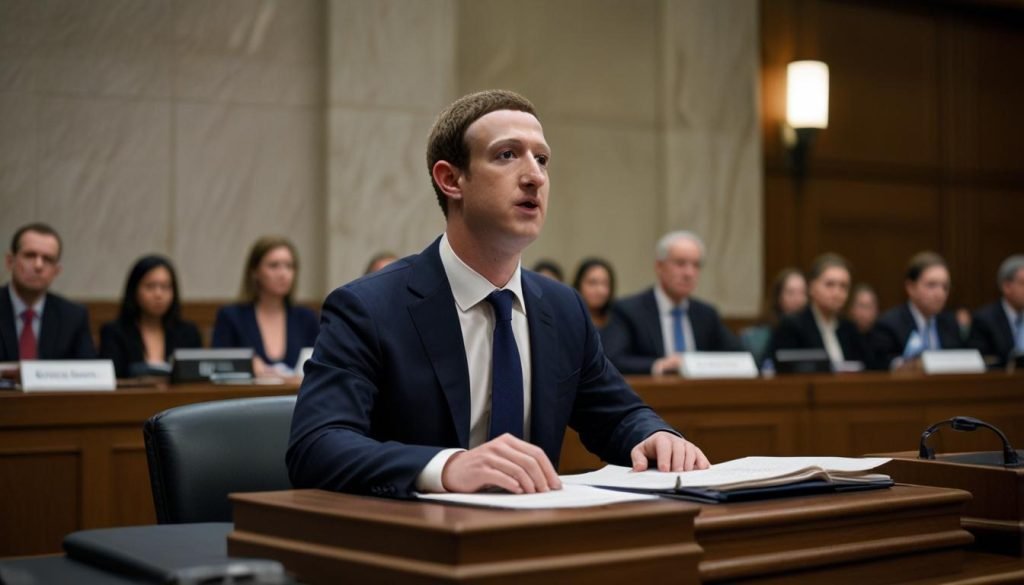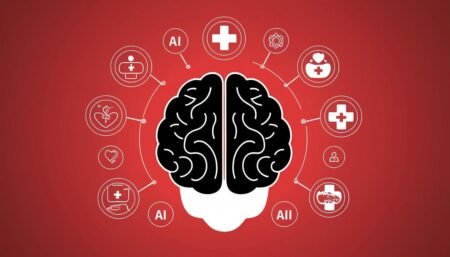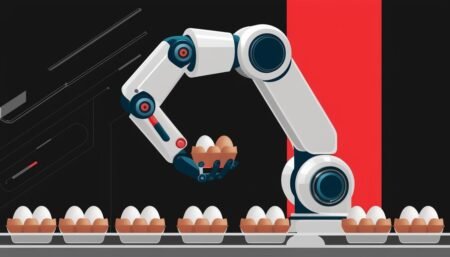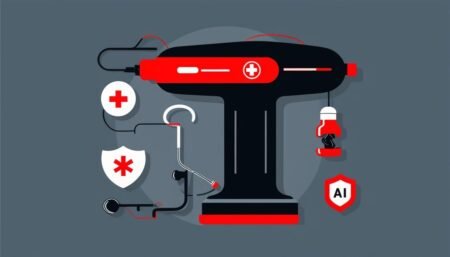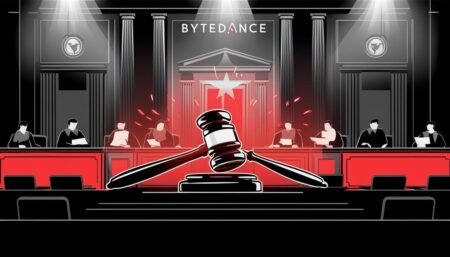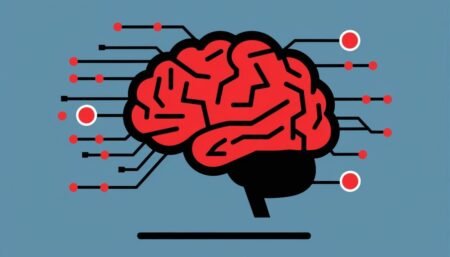U.S. District Judge Thomas Hixson rules that Meta’s CEO must testify in a legal battle over alleged unauthorised use of copyrighted works to train AI systems.
Meta CEO Mark Zuckerberg Ordered to Testify in AI Copyright Infringement Case
San Francisco, CA—U.S. District Judge Thomas Hixson has ruled that Mark Zuckerberg, founder and CEO of Meta Platforms, must testify regarding the company’s use of artificial intelligence (AI) and large language models. The decision comes as part of an ongoing legal battle where notable authors have accused Meta of copyright infringement.
In a statement delivered on September 24, Judge Hixson cited the plaintiffs’ evidentiary findings which demonstrate Zuckerberg’s significant role in Meta’s AI initiatives, contradicting Meta’s efforts to shield its CEO from direct examination. Authors Sarah Silverman, Richard Kadrey, Christopher Golden, and Ta-Nehisi Coates, among others, have filed a potential class action lawsuit against Meta, alleging the unauthorised use of their copyrighted works to train Meta’s AI systems, specifically the LLaMA large language model.
Silverman, author of “The Bedwetter,” and Coates, a National Book Award winner, along with other plaintiffs claim that Meta has incorporated material from their copyrighted works into its training datasets without obtaining permission, proper credit, or compensation. Despite Meta’s assertion that other qualified individuals within the company could address these issues, the plaintiffs have produced evidence showing Zuckerberg’s direct involvement in decision-making processes related to Meta’s AI ventures.
“Plaintiffs do not generically argue, as Meta suggests, that because Zuckerberg is the CEO of the company that he is therefore in charge of everything,” stated Judge Hixson. “Rather, they have submitted evidence of his specific involvement in the company’s AI initiatives. They have submitted evidence indicating Zuckerberg was the principal decision-maker concerning Meta’s decision to open source the language model. They have also submitted evidence of Zuckerberg’s direct supervision of Meta’s AI products.”
The judge added, “Given this factual showing, the Court is not going to require Plaintiffs to exhaust other forms of discovery before they depose Zuckerberg. They’ve made a solid case that this deposition is worth taking.”
A time and date for Zuckerberg’s deposition has not yet been scheduled, but a recent hearing on discovery matters in San Francisco suggested that it could happen sooner rather than later.
The lawsuit against Meta is one of the most prominent legal challenges involving AI and copyright infringement. Another similar lawsuit targets OpenAI, the developers behind the widely recognized ChatGPT. With AI technology rapidly permeating various aspects of society and industry, these cases are drawing significant attention and could set important legal precedents.
In related developments, AI technology continues to evolve and influence various sectors differently. For instance, California Governor Gavin Newsom recently signed legislation protecting the likeness of actors and performers. Meanwhile, Lionsgate and AI research company Runway announced a partnership aimed at utilising AI for film and television content customisation.
Ironically, on the same day as Judge Hixson’s ruling, Zuckerberg appeared at Meta’s Connect conference in Menlo Park to discuss advancements in AI. One of the key announcements was that Meta’s AI chatbot would now feature the voices of celebrities such as Awkwafina, Dame Judi Dench, Kristin Bell, John Cena, and Keegan-Michael Key.
However, when it comes to his forthcoming deposition, Zuckerberg will have no choice but to speak in his own voice.
Source: Noah Wire Services



